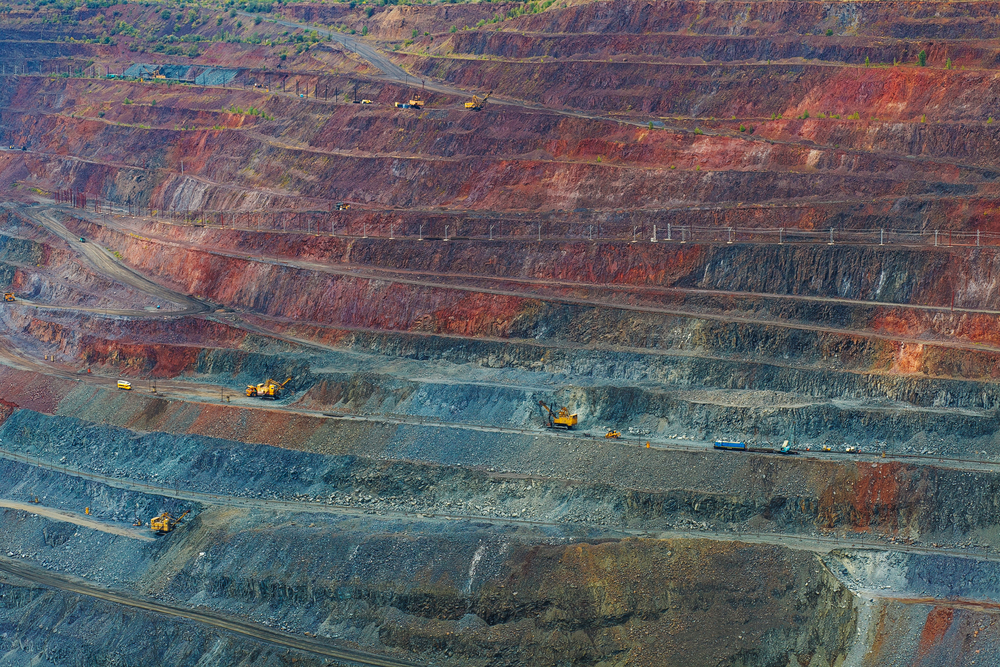Brazil’s dependence on exports to China has only increased in recent years, as has China’s dependence on agricultural commodities from Latin America’s largest economy.
Although both partners are working to change this scenario, as Brazil seeks to diversify its export agenda and China wants to increase its domestic grain and protein production, the current trade flow between the two countries can continue to grow.
Factors such as the urbanization trend of China’s huge population and its industrial decarbonization goals could support stable growth in iron ore shipments — one of the top three products exported to the Asian superpower, along with soybeans and oil. Most importantly, Brazilian mining giant Vale believes it has the ideal solution for reducing emissions from the global steel industry, according to its head of external relations, Gustavo Biscassi.
Despite the recent economic slowdown and the Chinese government’s official forecast that things will continue at this pace, the country remains a massive source of demand for the global economy and Brazil. Last year, China’s economy grew by 5.2 percent, following the 5 percent target set then and repeated now. The recovery from the pandemic has been slower than many expected, with the housing market and exports declining.
“China’s urbanization rate is between 65 and 66 percent, and the government believes it could reach 80 percent [in the next few decades]. Another thing we see is the modernization of traditional industries and the growing demand for cars, locomotives, and heavy machinery, which has also increased the demand for steel,” said Mr. Biscassi during a recent webinar hosted by the Brazil-China Business Council (CEBC).
Of the 388 million tons of iron ore Brazil exported last year, 64 percent went to China, with 76 percent coming from Vale.
The future demand for “greener” steel is also huge, given China’s “dual carbon” goals of peaking carbon emissions by 2030 and becoming “carbon neutral” before 2060.
...

 Search
Search






































